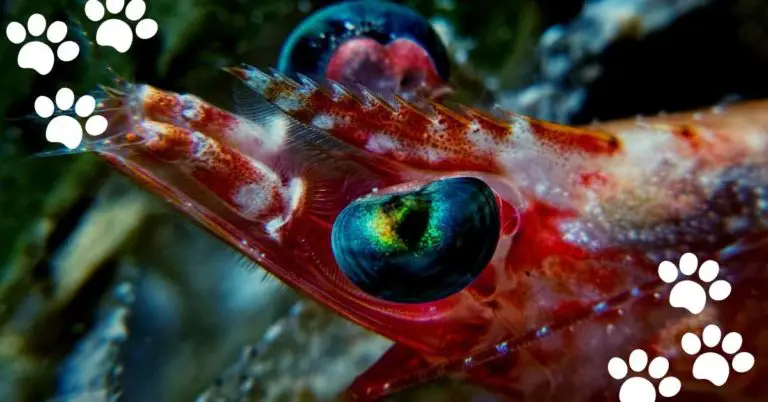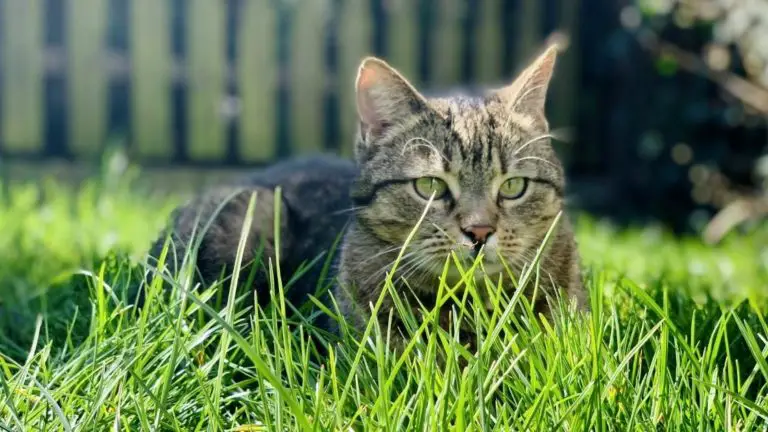Can Cats Eat Lemon Pepper Tuna? (Full Guide)
No, cats should not eat lemon pepper tuna. Lemon pepper tuna is a highly-seasoned type of fish that has been infused with a blend of lemons, black and white peppercorns, salt, and other spices.
While this may seem like the perfect food for your beloved feline companion to enjoy, it is actually very unhealthy. Many cats are sensitive to certain ingredients and spices, such as lemons and black pepper, so it is best to avoid serving this fish dish altogether.
Here in this blog post, I’ll explain why cats should avoid eating lemon pepper tuna and what may happen if they do consume it. I’ll also provide some tips on how to keep your little furry friend happy and healthy, while still enjoying a tasty and nutritious meal.
Ingredients That Made Lemon Pepper Tuna Unhealthy

The first issue with lemon pepper tuna is that it contains many different ingredients, some of which may be toxic to cats. Here are a few of the ingredients that may cause your feline friend to experience health problems:
Lemons
Yes, lemons might seem like a healthy ingredient, but in truth they are quite acidic and can upset your cat’s delicate stomach.
Black Pepper
Black pepper is a basically just ground up peppercorns, which can be highly irritating to a cat’s sensitive respiratory system. And while most humans don’t react to black pepper, cats certainly do.
Salt
Like humans, cats need to consume a certain amount of salt in order to maintain good health. However, too much salt can cause them to experience an array of health problems like dehydration and digestive issues.
Other Spices / Seasonings
Many other spices and seasonings are added to lemon pepper tuna as well, which may be a problem for your cat’s sensitive palate.
These include cayenne pepper, paprika, onion powder, and chili powder, which can all irritate a cat’s lungs and digestive system if consumed in excess.
Possible Health Problems Caused by Lemon Pepper Tuna

Given the ingredients in lemon pepper tuna, it’s no surprise that this dish can cause a wide range of health problems in cats.
Some of the most common issues include digestive upset, respiratory irritation, dehydration, and allergic reactions that can lead to skin rashes and other problems. Here I’ll try to describe some of these issues in more detail.
1. Digestive Upset
As a cat’s body is not designed to digest a variety of spices and seasonings, including those found in lemon pepper tuna, it can lead to digestive upset. This means your cat may experience nausea, vomiting, diarrhea, or constipation as a result.
2. Respiratory Irritation
As with humans, black pepper and other spices can irritate a cat’s sensitive respiratory system. This can lead to coughing, sneezing, and other symptoms of discomfort.
Additionally, it can make your cat more susceptible to infection since these spices can damage the mucous membranes in their lungs and airways.
3. Dehydration
Salt is another key ingredient found in lemon pepper tuna that can be problematic for cats. Too much salt can lead to dehydration, which means your cat may experience dryness in their mouth, dizziness, and even seizures.
This is especially dangerous if you are unable to provide fresh water for your cat during or after consumption of the tuna dish.
4. Allergic Reactions
If your little furry friend is allergic to any of the ingredients in lemon pepper tuna, they may experience skin rashes and other problems as a result.
This can include itchiness, hives, irritation of their mouth and tongue, or even more serious issues like anaphylactic shock.
What If Your Cat Consumes Lemon Pepper Tuna Already?

If you’re just scrolled all the way down to this section and realized that your cat has already eaten lemon pepper tuna, there are still steps you can take to help minimize their discomfort.
1. Stop Feeding Them Any More Tuna
As you now realize, lemon pepper tuna is not a healthy meal option for your cat. So the first thing you should do is stop feeding it to them at all.
2. Provide Fresh Water for Your Cat
Dehydration is a real danger after eating lemon pepper tuna, so be sure to provide your cat with fresh water immediately. If they are having trouble drinking it, try adding in some ice cubes or even pet-safe electrolyte drinks to encourage them to drink more.
3. Call Your Veterinarian
If your cat is experiencing any symptoms of discomfort, nausea, or dehydration after eating lemon pepper tuna, give your veterinarian a call right away. They can help you determine the best way to soothe and treat your little fur baby as soon as possible.
4. Consider an Allergy Test
If you suspect that your cat may be allergic to one of the ingredients in lemon pepper tuna, you should consider having them undergo an allergy test.
This can help you figure out which ingredient is causing the problem, and then find a better alternative for your feline friend.
My Final Thoughts
While it might sound tempting to treat your cat to a dish of lemon pepper tuna, this is not a healthy or safe option for them.
Instead, consider other options like homemade recipes, canned fish without added seasonings and spices, or even high-quality commercial cat food that’s designed specifically for their needs.
Overall, it’s important to keep your cat’s health and well-being in mind when choosing what they eat, and lemon pepper tuna is definitely not the right choice.
So if you want to give your cat a healthy, delicious meal that they’ll love, make sure to avoid this dish and look for better options instead!






